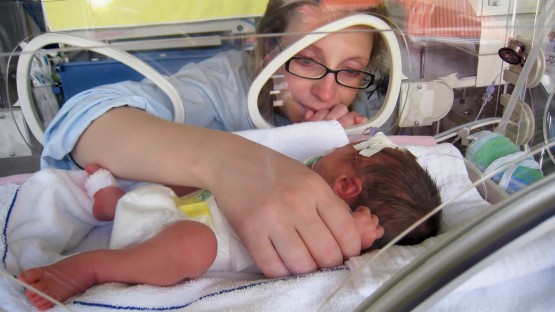Among preterm newborns, greater exposure to the mother’s voice after birth appeared to speed up the maturation of a key language-related brain circuit, in a small clinical trial conducted by investigators at Weill Cornell Medicine, Burke…

Among preterm newborns, greater exposure to the mother’s voice after birth appeared to speed up the maturation of a key language-related brain circuit, in a small clinical trial conducted by investigators at Weill Cornell Medicine, Burke…